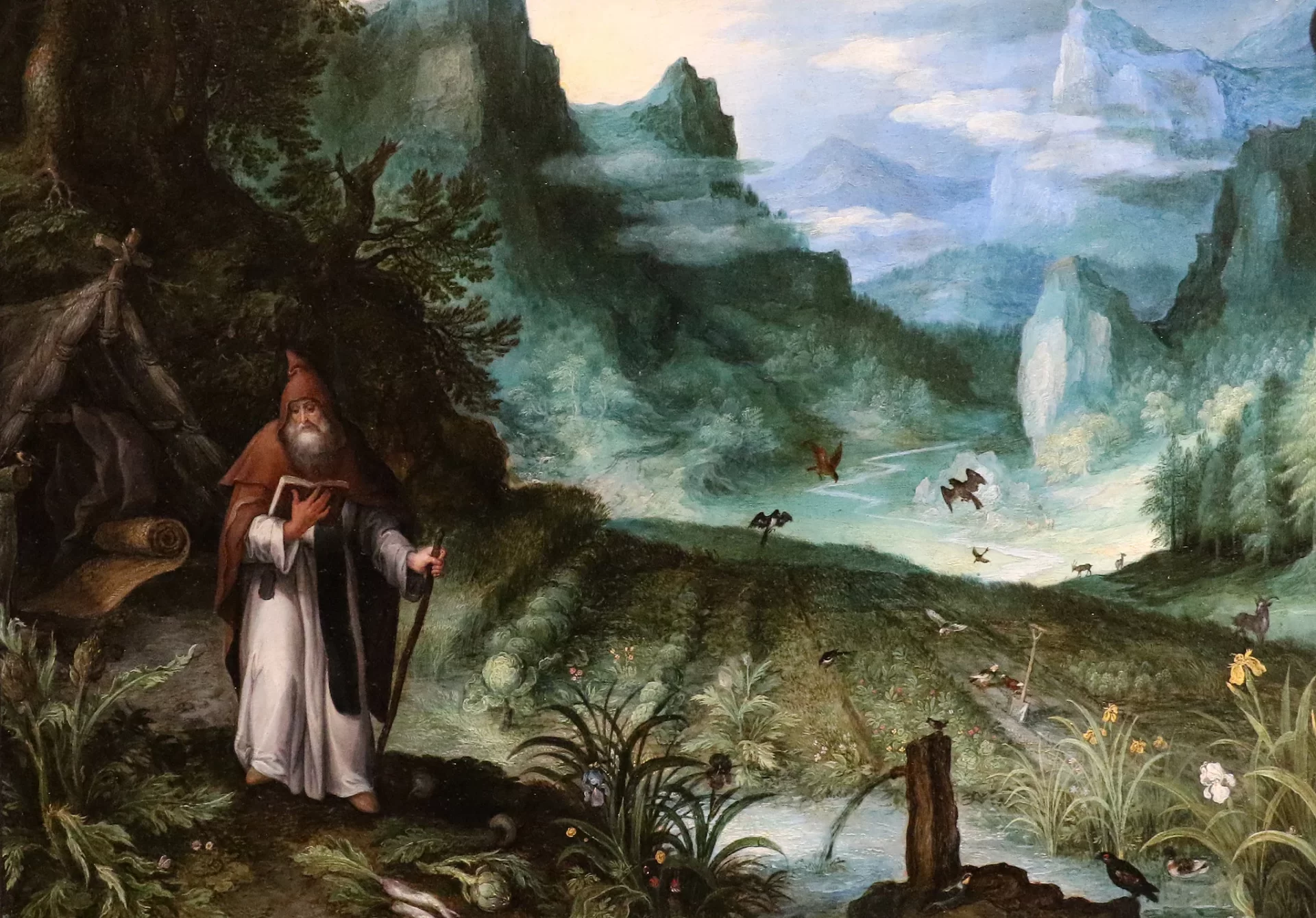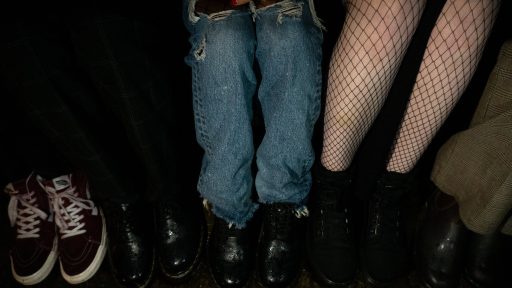It is dangerous for us all when hermits are thought to be ticking time bombs. When “normal” excludes dedicated isolates, we had all better beware.
It is dangerous for us all when hermits are thought to be ticking time bombs. When “normal” excludes dedicated isolates, we had all better beware. I am writing here in defense of roles, of distinct contributions made by people who live by particular codes. The hermit’s code, “Leave me alone and I will leave you alone,” needs to be articulated by nonhermits to help to preserve what we all must have, a distinct place within culture that includes hermits, parents, entrepreneurs, missionaries and the slowly dying.
“Leave me alone” implies that “I will leave you alone.” Few of us can live by this code, but it does apply to hermits and makes them safe for the rest of us. Those who know and follow this code deserve our respect as distant but respected members of the human community, not the next unabomber.
We can live alone as hermits do, prizing our isolation. We can live in families, learning to sacrifice for each other, celebrating generations living, gone or yet to be. We can start businesses or even create music, cashing in on the rewards of excellence, investing in the creation of worlds undreamed. We can take a vow of voluntary poverty, giving our best efforts to promoting our neighbor’s welfare and lifting the poor. We can face AIDS within our bodies and resolve to savor what we have, receiving small comforts and grace for eternity as gifts unexpected and unsolicited, more surprising in their way than the disease that also arrived unbidden. Each of these five examples contain elementary choices; aloneness, sacrifice, excellence, equality and acceptance. Each is noble and limiting in its own way.
Cultural theorists Aaron Wildavsky, Michael Thompson and Richard Ellis with the help of anthropologist Mary Douglas argue that these five choices largely define the ways of life open to human beings. They call the first, the hermit’s existence, autonomy, which for one so inclined is its own reward. The second, for groups such as families, involves assuming duties of submission and leadership in relatively fixed hierarchies of assigned roles that together promote unity. The third, in business the entrepreneur, or in the arts the concert violinist, is an individualist, fulfilled, recognized and rewarded for their accomplishments by position, prestige and wealth, but most important, honored for doing what they do best. The fourth, the community activist, an egalitarian offended by inequality and committed to reducing differences between people, rejoices when the hungry are fed, the lame walk, and the lost are found. The last, the AIDS sufferer who is not unaware of the illness nor obsessed by it but rather accepting it, has what these authors call fatalism, not a negative place but a safe haven for one who cannot escape evil yet wills to live.
Cultural theory would have us believe that these choices — autonomy, hierarchy, individualism, egalitarianism and fatalism — are five building blocks of any culture, combined and balanced in different ways, each insufficient by itself to sustain culture, each needed by the others to provide balance to the whole. Cultural theory is an idea whose time has come because it helps us to understand how groups of people can differ in how they arrange their lives and what they value, and still get along, needing what each has to give the others. Cultural theory is attempting to understand the limited choices people have when it comes to relating to others and submitting to rules. Today the case of the accused unabomber illustrates one way of life, a legitimate way of life, apparently in this instance gone beserk.
John Kaczynski lived alone, holed up in the hills, riding his bicycle when he needed to leave his cabin, supported partly by checks sent by his aging mother, sustained by his own frugality and survival skills. He was a modern hermit it is claimed, a former math teacher of the University of California, Berkeley, who rejected group membership, opting for isolation. Kaczynski also may have killed people, thereby rejecting the law that all people, including hermits, must obey, “Thou shalt not kill,” and also the hermits’ code, “Leave me alone and I will leave you alone.”
We need hermits, cultural theory reminds us, because they give us a sense of respect for the person, just a person, whose mere presence reminds us that people are valuable even when they do nothing directly for the economy, the church, the environment, sports, the poor or world peace. We count them “blessed” if they simply breathe.
If hermits deserve respect, as they most emphatically do, as God-imaged people following a distinct and lawful path, then the hermit’s duty is to leave us alone. The unabomber, if he lived apart, broke this code by exposing us all to the burning and broken shards of flesh left behind by packages delivered so innocently. Now is the time to affirm hermits and their code, to remind ourselves that there is room for people to live apart, within the rules.
by Hubert Morken, Ph.D.





